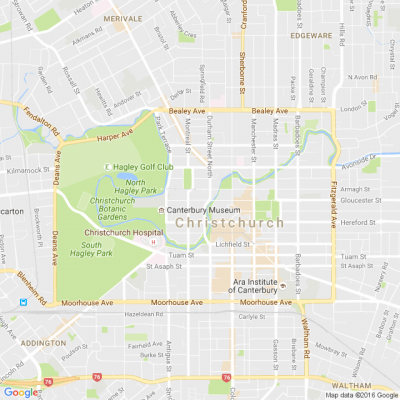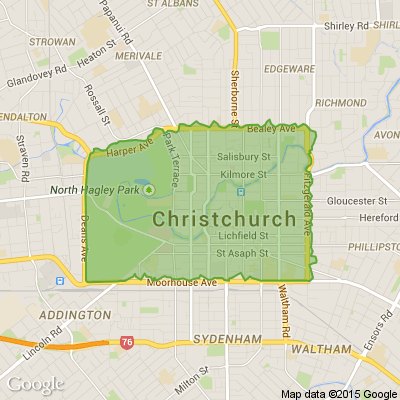$12 million fix for dangerous road struggles for support
By local democracy reporter Brendon McMahon:
Fixing 900m of dangerous roadway just north of Greymouth would cost upwards of $12 million, according to evidence presented for the 2024 West Coast Regional Transport Plan.
And despite the recognised danger to cyclists along the section of State Highway 6 north of Greymouth, it is a sum unlikely to be paid.
At the hearing into the draft plan on July 5, resident Suzanne Hills said the Coast Road was "just manageable" for cyclists but only for those who were confident and had quick reactions.
She singled out the 900m section of road just north of Greymouth's Cobden Bridge as "extremely dangerous".
Those riding in both directions contend with steep cliffs, bluffs, no road shoulders, blind corners and the narrow overbridges at Coal Creek and Camp, Hills said.
"Combined with Greymouth 'rush hour' traffic, it can be very frightening," she said.
"Something can and must be done about this dangerous 900m section of road to avoid lives being destroyed."
In a formal recommendation to the committee, council planning staff agreed the section of State highway 6 from the Cobden Bridge to Taylorville Road "is narrow and difficult for cyclists".
But they also suggested a $12m improvement project to fix those issues would not be prioritised under the draft Government Transport Policy Statement (GPS).
Investigation of options to improve the corridor for cyclists had been undertaken by the NZ Transport Agency in 2023.
"The cost of the identified solution is high, at $12m-plus. A project of this scale is not supported by the draft GPS," the staff recommendation said.
Punakaiki resident Marie Elder said the draft plan's positive endorsement of active transport recognised State Highway 6 is used by cyclists as a principal means of transport.
In contrast, the advancement of the Barrytown Flats mining proposal by TiGa with up to 50 extra heavy truck movements a day along the route, compromised that.
Elder said she personally knew of five cyclists in the regular use category.
She often saw others on her (45km) journeys from Punakaiki to Greymouth, and return.
Greymouth mayor Tania Gibson said she could not ignore the wider economic benefit of proposals like TiGa's.
She said Elder seemed to single out the impact of that on State Highway 6 without acknowledging it was already a heavy transport route, including for the region's dairy industry.
In response, Elder said Westland Milk tankers only travelled in one direction at a time, were much quieter, and locals could anticipate their movements.
However, Gibson said they were talking about a state highway that available to multiple users at any time.
"I still do not believe it is a reason not to have trucks on the road," she said.
Haddock, a Punakaiki bach owner, asked Elder how many cyclists she regularly encountered, particularly on the 30km stretch of the Coast Road from Rapahoe north.
"I don't see a lot in my regular travels," Haddock said.
Elder said there were four regular cyclists she knew of.
Best way to use leftovers?
I'm sure you've got some excess ham at home or cold roast potatoes.
What are some of your favourite ways to use leftover food from Christmas day? Share below.

⚠️ DOGS DIE IN HOT CARS. If you love them, don't leave them. ⚠️
It's a message we share time and time again, and this year, we're calling on you to help us spread that message further.
Did you know that calls to SPCA about dogs left inside hot cars made up a whopping 11% of all welfare calls last summer? This is a completely preventable issue, and one which is causing hundreds of dogs (often loved pets) to suffer.
Here are some quick facts to share with the dog owners in your life:
👉 The temperature inside a car can heat to over 50°C in less than 15 minutes.
👉 Parking in the shade and cracking windows does little to help on a warm day. Dogs rely on panting to keep cool, which they can't do in a hot car.
👉 This puts dogs at a high risk of heatstroke - a serious condition for dogs, with a mortality rate between 39%-50%.
👉 It is an offence under the Animal Welfare Act to leave a dog in a hot vehicle if they are showing signs of heat stress. You can be fined, and prosecuted.
SPCA has created downloadable resources to help you spread the message even further. Posters, a flyer, and a social media tile can be downloaded from our website here: www.spca.nz...
We encourage you to use these - and ask your local businesses to display the posters if they can. Flyers can be kept in your car and handed out as needed.
This is a community problem, and one we cannot solve alone. Help us to prevent more tragedies this summer by sharing this post.
On behalf of the animals - thank you ❤️








 Loading…
Loading…




















